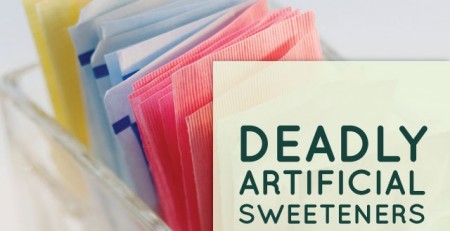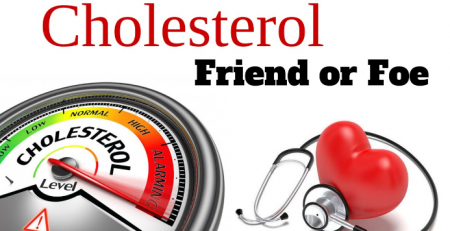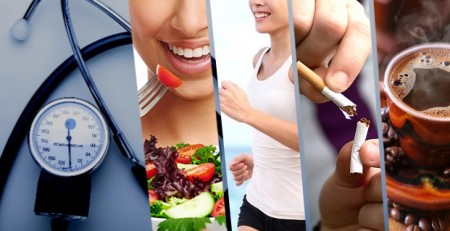How To Get Balanced Nutrition!
Learning What Makes Our Nutrition Balanced!
Our body needs to get calories, carbohydrates, proteins, fats, fibre, various vitamins and minerals and antioxidants and water from our daily food.
Our food is majorly composed of cereals, pulses, vegetables, fruits, oil, milk and milk products like curds, buttermilk, butter, ghee, paneer, cheese and in mix diet people, eggs, flesh and fish.
In a vegetarian diet, cereals and pulses provide us with most of the calories we need throughout the day, carbohydrates, proteins, some fats, fibre, various vitamins, minerals and antioxidants.
Fresh vegetables and fruits provide us with fibre, various vitamins, minerals and antioxidants.
Milk and milk products, eggs, flesh and fish provide us with excellent quality proteins, fats, various vitamins and minerals.
Oil, cream, butter, ghee, hydrogenated oils provide us with fats.
***
Cereals have more carbohydrates than pulses and pulses have more proteins and fibre than carbohydrates.
Cereals and pulses are not only the major source of energy and carbohydrates but also the major source of of proteins in a vegetarian diet.
Even mix food eaters eat non vegetarian food on a few days in a week or two, so on most days, cereals and pulses are the major source of proteins in their diets too.
Proteins are made up of amino acids, meaning amino acids are the building blocks of proteins.
Some of these amino acids can be synthesised by our body from other amino acids, while it cannot synthesise some other amino acids from other amino acids.
While both kinds of amino acids are equally essential for our body, the type that cannot be synthesised by our body are called essential amino acids. We have to get them from our food.
Milk and milk products and eggs, flesh and fish individually contain the complete range of essential amino acids, so they provide us with excellent quality, complete proteins.
In a vegetarian diet, cereals and pulses provide us with most proteins we need.
But cereals and pulses individually contain incomplete range of essential amino acids, so the proteins in them are incomplete.
Cereals lack the essential amino acid lysine and pulses lack tryptophan and cysteine.
But pulses have lysine and cereals have tryptophan and cysteine.
So when consumed together, they provide us with complete proteins.
That is the reason why we must consume cereals and pulses together in breakfast, lunch and dinner.
***
We get adequate amount of good quality proteins if we take cereals and pulses together in major meals and include adequate amount of milk in our daily food.
That is why vegetarians don’t need to to eating non vegetarian food to simply to get adequate good quality proteins.
Today many pure vegetarians are forced to consume multiple eggs through the day on various ill conceived, so called high protein slimming diets.
There is absolutely no need to punish oneself with eggs on such bad diets.
***
So in a vegetarian diet, we need cereals, pulses, vegetables and moderate amount of oil to cook them, in every major meal to get balanced nutrition.
But such meals still don’t provide us with Vitamin B12.
Only milk, eggs, flesh and fish have Vitamin B12.
So vegetarians need to include milk in their diet to get Vitamin B12.
We also get excellent quality proteins and ample calcium and B vitamins and other minerals in milk.
It is very likely that you have heard that milk causes weight gain and diabetes.
This is absolutely untrue.
Like vegetables, fruits too provide us with ample fibre, vitamins, minerals and antioxidants.
They also provide us with energy.
That is why adding fruits and milk to the above described balanced meals makes your nutrition complete.
The only nutrient missing in the above diet is the heart and nervous system friendly sea source omega 3 fatty acid.
For us, it is available only in sea fish.
If you can add sea fish to your food, though few people eat fish, it becomes a wonderfully balanced diet.
It helps keep you heart healthy.
But omega 3 is not the only factor that keeps your heart healthy and purely vegetarian people too live to be a hundred, so no great harm done, if you don’t eat fish!
***
We have already seen that to get well balanced nutrition, we need to get carbohydrates, proteins, fats, fibre, various vitamins and minerals and antioxidants in balanced proportions.
In such balanced nutrition we need to have:
Cereals in the form of chapatis, bhakri, rice singly or in any combination,
Pulses in the form of varan, amti, dal, usal, pithla.
Vegetables,
And moderate amount of healthy oil needed to cook them, in our lunch and dinner.
The mix food eaters, who also have non vegetarian food, should look to have sea fish twice a week to get adequate omega 3 and meats like turkey or chicken or goat (not lamb) meat once a week and one whole egg thrice a week on the no non vegetarian food days, to keep the cholesterol consumption under control.
Such a plan will provide balanced nutrition.
***
For four decades now, we have successfully helped innumerable people get slim and healthy not only in our Obesity Clinic in Pune, but all over the world, on our ‘Distance Program’. Absolutely balanced nutrition and exercise even as simple as walking have always been at the core of our Weight Loss Treatment in Pune and all over the world.
***
Please read the articles ‘Basics Of Nutrition’ and the ‘Good And The Bad Fats’ on this website.

















Leave a Reply